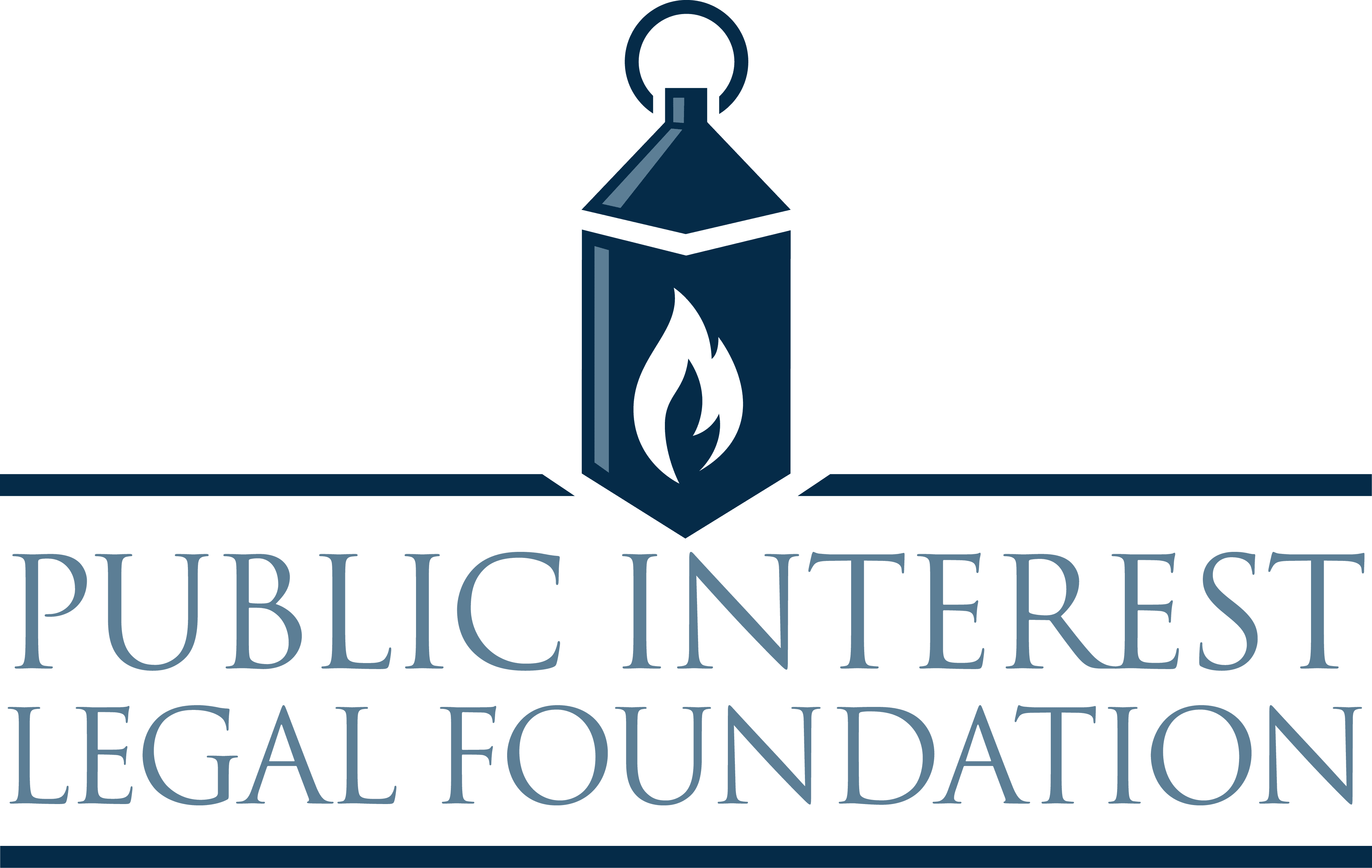PILF Helps Nevada Defend State Power to Run Own Elections
(LAS VEGAS, NV.) – December 21, 2017: The Public Interest Legal Foundation (PILF) successfully intervened in defense of Nevada’s recall procedures against a lawsuit from Hillary Clinton campaign attorney Marc Elias.
The United States District Court for the District of Nevada granted the PILF the right to help Nevada defend state recall laws in Luna v. Cegavske (2:17-cv-02666). The Court granted PILF leave to file its proposed answer to the plaintiffs’ complaint. The Court summarized its reasons for granting intervention thusly:
The Foundation seeks to challenge the Plaintiffs’ action under the Voting Rights Act on constitutional grounds that have not, as yet, been raised by the Defendants … [I]t has demonstrated an interest in the issues involved in the lawsuit sufficient to support permissive intervention. The Foundation also seeks to raise constitutional defenses to Plaintiffs’ claims that that have not been raised by the Defendants and which they may choose not to raise.
“States have the power to design their own election systems. Abusing the Voting Rights Act to attack state power is wrong and unconstitutional,” PILF President and General Counsel J. Christian Adams said. “The Voting Rights Act is not a law designed to help Democratic Party interests. PILF has been granted leave to make these in court. The true purpose of the Voting Rights Act was to stop racial discrimination, not to invalidate state laws that have nothing to do with race.”
The Foundation will make various arguments not otherwise made by the State of Nevada. An affirmative defense challenging the constitutionality of the foreign language provisions of the Voting Rights Act as applied is one of those arguments. Four primary defenses were introduced during initial intervention.
Section 2 of the Voting Rights Act is unconstitutional if applied to invalidate a recall election
If the Voting Rights Act were used to prohibit recall elections in Nevada and elsewhere, it would be an unconstitutional use of the Voting Rights Act. Plaintiffs’ claims that recall elections deny or abridge the right to vote for those within a “language minority” are far beyond what the Constitution would allow in this circumstance. “Speaking a language other than English is not the same, or even congruent to, inherent immutable characteristics such as race.”
Using disparate impact standards to block a recall would render a portion of the Voting Rights Act itself unconstitutional
Plaintiffs seek to use improper disparate impact statistical standards to invalidate state laws. Using mere statistical disparities to invalidate state laws would upset the Constitutional balance and constitute an unconstitutional application of the Voting Rights Act.
Plaintiffs offer inadequate facts ‘bearing no relevance’ to Voting Rights Act concerns
The brief states: “Most of the purported facts in the Amended Complaint are a jumble of talking points of various interest groups and academics long opposed to robust state control over elections and laws designed to promote election integrity. Taken together, they fail to state a plausible claim that the Defendants have violated Section 2.”
‘Language Minority’ Provisions of Section 2 of the Voting Rights Act are unconstitutional
Section 2 of the Voting Rights Act’s prohibition on discriminatory procedures or practices impacting “language minority” groups is unconstitutional on its face, given that it is inconsistent with the Fifteenth Amendment and “exceed[s] Congress’ authority to enforce the right to vote regardless of race.”
The Motion to Intervene as Defendant and Proposed Answer by Defendant-Intervenor PILF filings can be found, here.
The order granting the PILF permissive intervention can be found, here.
Attorneys for the Public Interest Legal Foundation are J. Christian Adams and Joseph A. Vanderhulst. David O’Mara from the O’Mara Law Firm, PC serves as local counsel.
Public Interest Legal Foundation (PILF) is a 501(c)(3) public interest law firm dedicated to election integrity. The Foundation exists to assist states and others to aid the cause of election integrity and fight against lawlessness in American elections. Drawing on numerous experts in the field, PILF seeks to protect the right to vote and preserve the Constitutional framework of American elections.
###

